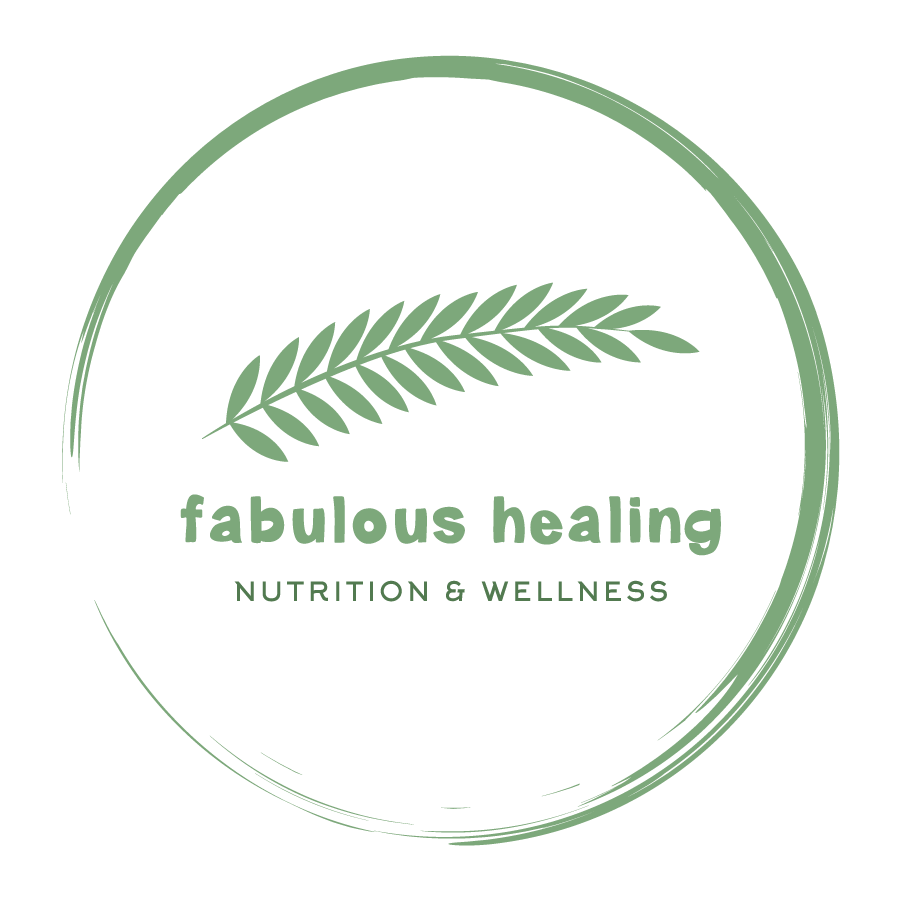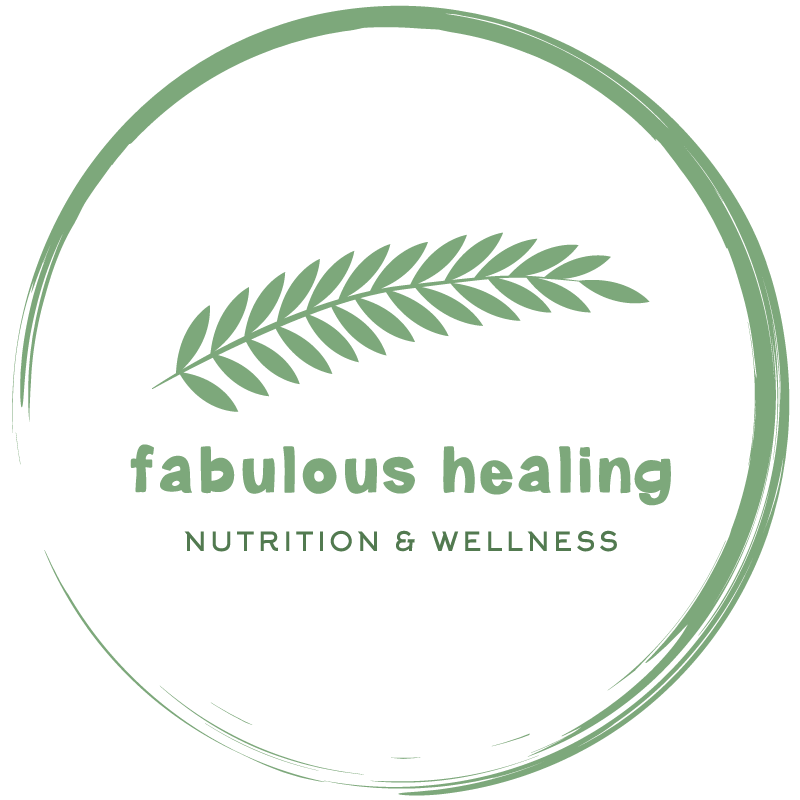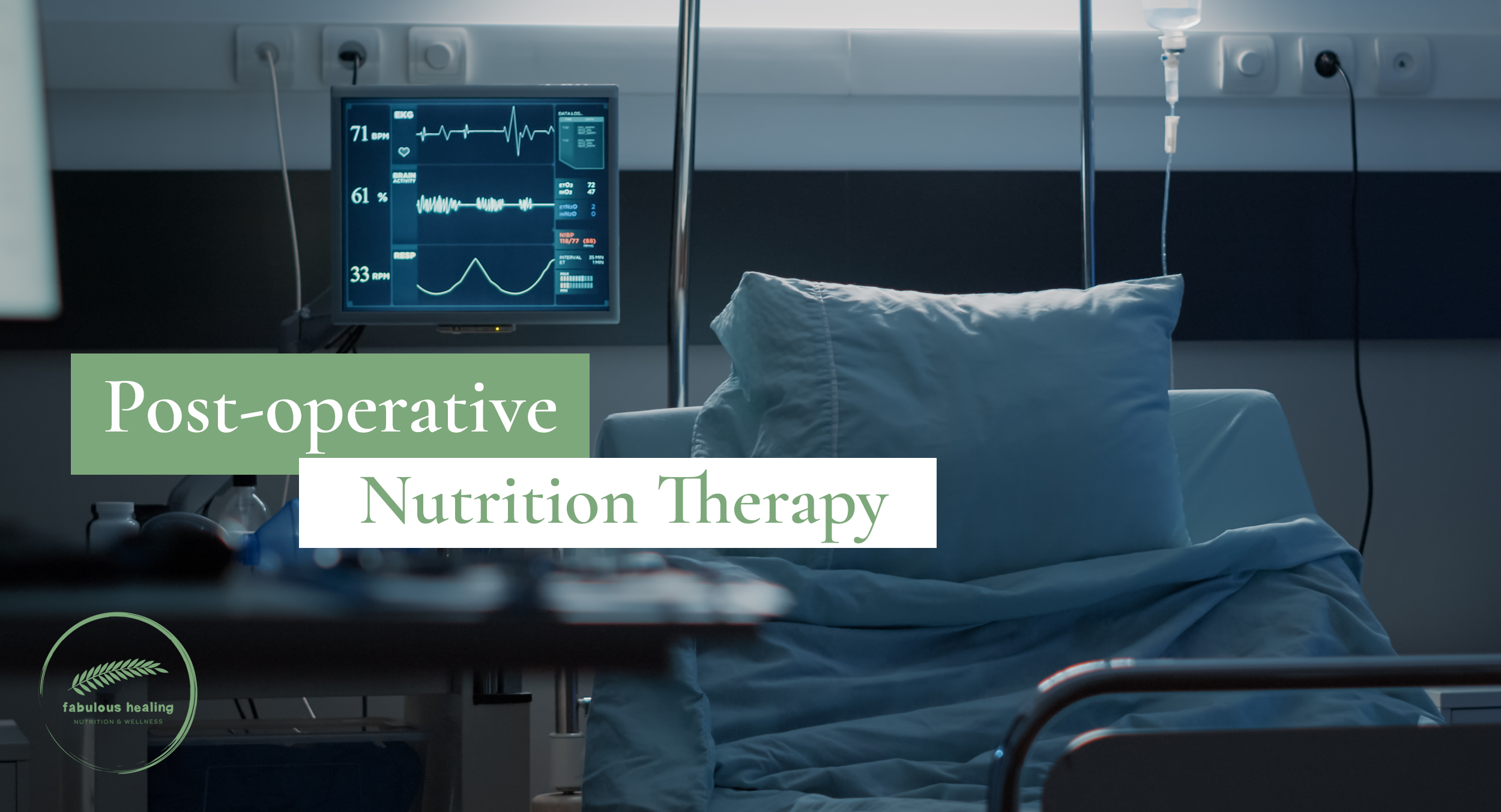A few years ago, I underwent double jaw surgery. (To those who are unfamiliar with this procedure, it is orthognathic surgery, used to correct skeletal irregularities and deformities including the misalignment of the jaw.) In my case, the lower jaw was underdeveloped, a condition that led to a series of health and cosmetic issues, including overbite, cross-bite, uneven wear of the teeth, bone loss, sleep apnea, chewing problems, digestive issues, and more. —- all were resolved after the surgery.
In this post, I will not elaborate on the surgery or the process. If you are interested to hear about my personal experience, feel free to contact me.
One of the most important things to know about double jaw surgery, or any other major surgery, is that preparing your body before the surgery and be prepared for post-surgery, can make a huge difference in the healing process. Nutrition plays a crucial role in promoting wound healing and supporting immune function.
When it comes to diet and nutrition pre and post-surgery, here are some things to remember:
 In the weeks following the surgery, you will be on a liquid/soft diet. Legumes, such as lentils, beans, and split peas are highly recommended to those who can tolerate them. They are high in protein, vitamins, and minerals that are essential for recovery, plus they are rich in fiber which is essential for proper digestive function. Especially when you use narcotics/opioids to manage post-op pain. These will slow down the digestion process. Fruit and vegetable consumption is also encouraged for their high nutrient and fiber content.
Since all foods must be in a liquid form, having a blender is very helpful. The best way to feed yourself would be to use plastic condiment bottles. They are easy to squeeze and have enough volume to contain a meal. Smoothies, protein- shakes, soups, and porridges will be your main meals.
Here is what to consider when creating a meal plan for post-surgery:
Caloric and protein intake: Adequate protein and caloric intake are vital during the post-surgery period. Reasonable goals for caloric and protein intake are 2000 to 3000 calories per day and 1.5 to 2 g protein/kg body weight/d.
You may need to use protein powders to increase your protein intake due to the chewing limitations.
Calcium: Calcium is a mineral essential for building bones and keeping them healthy. In cases like mine, since post-jaw surgery involves the bone healing process, paying careful attention to calcium intake is important. A goal of minimum 1000-1300 mg calcium intake per day is where you aim to. Such foods can be green leafy vegetables, fortified foods, almonds, seeds, beans, and tofu. Remember, you can add them all to your smoothie or soup and use a blender so you won’t need to chew them.
Other nutrients: Vitamins C, K, D, healthy fats, and magnesium also support the healing process after surgery. In general, anti-inflammatory foods and a balanced diet are necessary for better and faster recovery.
If you ever experience jaw surgery or any other type of operation, it is highly encouraged to consult a nutritionist that will help you customize your postoperative meal plan.
In the weeks following the surgery, you will be on a liquid/soft diet. Legumes, such as lentils, beans, and split peas are highly recommended to those who can tolerate them. They are high in protein, vitamins, and minerals that are essential for recovery, plus they are rich in fiber which is essential for proper digestive function. Especially when you use narcotics/opioids to manage post-op pain. These will slow down the digestion process. Fruit and vegetable consumption is also encouraged for their high nutrient and fiber content.
Since all foods must be in a liquid form, having a blender is very helpful. The best way to feed yourself would be to use plastic condiment bottles. They are easy to squeeze and have enough volume to contain a meal. Smoothies, protein- shakes, soups, and porridges will be your main meals.
Here is what to consider when creating a meal plan for post-surgery:
Caloric and protein intake: Adequate protein and caloric intake are vital during the post-surgery period. Reasonable goals for caloric and protein intake are 2000 to 3000 calories per day and 1.5 to 2 g protein/kg body weight/d.
You may need to use protein powders to increase your protein intake due to the chewing limitations.
Calcium: Calcium is a mineral essential for building bones and keeping them healthy. In cases like mine, since post-jaw surgery involves the bone healing process, paying careful attention to calcium intake is important. A goal of minimum 1000-1300 mg calcium intake per day is where you aim to. Such foods can be green leafy vegetables, fortified foods, almonds, seeds, beans, and tofu. Remember, you can add them all to your smoothie or soup and use a blender so you won’t need to chew them.
Other nutrients: Vitamins C, K, D, healthy fats, and magnesium also support the healing process after surgery. In general, anti-inflammatory foods and a balanced diet are necessary for better and faster recovery.
If you ever experience jaw surgery or any other type of operation, it is highly encouraged to consult a nutritionist that will help you customize your postoperative meal plan.
Pre-surgery
In the first couple of days post-surgery you may lose weight. If you don’t have too much weight to spare, it is probably a good idea to gain a few pounds before the surgery. If you are an athlete or work out a lot, make sure you also increase your body fat prior to surgery, so you won’t lose too much muscle tissue. If you are having a jaw surgery, after the surgery, you will not be able to chew anything for a while. Meaning, you will crave all kinds of different foods. My tip for you is to have nice meals with your most favorite foods before the surgery. It may take a while before you will be able to do it again. The night before surgery you will need to fast. No eating or drinking is allowed at least 12 hours before the surgery. To make sure you are hydrated and have enough to drink— at least 8-10 cup of water a day during the days prior to your appointment. It is also a good idea to consider starting an anti-inflammatory diet before the surgery, to reduce inflammation in the body and avoid as much as possible for getting sick right before the surgery, which may result in postponing the surgery date. To learn more about an anti-inflammatory diet, click here.Post-surgery
Dietary fibers – one of the most unpleasant side effects of the use of sedatives during and after the surgery is constipation. It doesn’t really matter what surgery you are recovering from, trust me, it never feels good to be constipated. Luckily, a diet rich with dietary fibers can make a difference. Include as many fruits and vegetables in your postoperative diet. They are easy to blend in smoothies and soups. And not only will you digest healthy fibers, but you’ll also benefit from all the nutrients and anti-inflammatory qualities held in them. Hydration – water is very important in the growth of new tissues to repair the damaged or wounded area. Hydrate your body as much as possible (at least 8-10 cups of water a day). A good indication for a well-hydrated state is the color of your urine. A normal color in the hydrated state is clear to light yellow. Hydration is also important if you follow my advice about the fibers. To make the fibers work, you’ll have to hydrate yourself well. In the weeks following the surgery, you will be on a liquid/soft diet. Legumes, such as lentils, beans, and split peas are highly recommended to those who can tolerate them. They are high in protein, vitamins, and minerals that are essential for recovery, plus they are rich in fiber which is essential for proper digestive function. Especially when you use narcotics/opioids to manage post-op pain. These will slow down the digestion process. Fruit and vegetable consumption is also encouraged for their high nutrient and fiber content.
Since all foods must be in a liquid form, having a blender is very helpful. The best way to feed yourself would be to use plastic condiment bottles. They are easy to squeeze and have enough volume to contain a meal. Smoothies, protein- shakes, soups, and porridges will be your main meals.
Here is what to consider when creating a meal plan for post-surgery:
Caloric and protein intake: Adequate protein and caloric intake are vital during the post-surgery period. Reasonable goals for caloric and protein intake are 2000 to 3000 calories per day and 1.5 to 2 g protein/kg body weight/d.
You may need to use protein powders to increase your protein intake due to the chewing limitations.
Calcium: Calcium is a mineral essential for building bones and keeping them healthy. In cases like mine, since post-jaw surgery involves the bone healing process, paying careful attention to calcium intake is important. A goal of minimum 1000-1300 mg calcium intake per day is where you aim to. Such foods can be green leafy vegetables, fortified foods, almonds, seeds, beans, and tofu. Remember, you can add them all to your smoothie or soup and use a blender so you won’t need to chew them.
Other nutrients: Vitamins C, K, D, healthy fats, and magnesium also support the healing process after surgery. In general, anti-inflammatory foods and a balanced diet are necessary for better and faster recovery.
If you ever experience jaw surgery or any other type of operation, it is highly encouraged to consult a nutritionist that will help you customize your postoperative meal plan.
In the weeks following the surgery, you will be on a liquid/soft diet. Legumes, such as lentils, beans, and split peas are highly recommended to those who can tolerate them. They are high in protein, vitamins, and minerals that are essential for recovery, plus they are rich in fiber which is essential for proper digestive function. Especially when you use narcotics/opioids to manage post-op pain. These will slow down the digestion process. Fruit and vegetable consumption is also encouraged for their high nutrient and fiber content.
Since all foods must be in a liquid form, having a blender is very helpful. The best way to feed yourself would be to use plastic condiment bottles. They are easy to squeeze and have enough volume to contain a meal. Smoothies, protein- shakes, soups, and porridges will be your main meals.
Here is what to consider when creating a meal plan for post-surgery:
Caloric and protein intake: Adequate protein and caloric intake are vital during the post-surgery period. Reasonable goals for caloric and protein intake are 2000 to 3000 calories per day and 1.5 to 2 g protein/kg body weight/d.
You may need to use protein powders to increase your protein intake due to the chewing limitations.
Calcium: Calcium is a mineral essential for building bones and keeping them healthy. In cases like mine, since post-jaw surgery involves the bone healing process, paying careful attention to calcium intake is important. A goal of minimum 1000-1300 mg calcium intake per day is where you aim to. Such foods can be green leafy vegetables, fortified foods, almonds, seeds, beans, and tofu. Remember, you can add them all to your smoothie or soup and use a blender so you won’t need to chew them.
Other nutrients: Vitamins C, K, D, healthy fats, and magnesium also support the healing process after surgery. In general, anti-inflammatory foods and a balanced diet are necessary for better and faster recovery.
If you ever experience jaw surgery or any other type of operation, it is highly encouraged to consult a nutritionist that will help you customize your postoperative meal plan.
Fabulous Healing
Liat Nadler is a nutritionist, dietitian, health and food relationship expert, licensed psilocybin facilitator, influencer, coach, and a Wall Street Journal #1 Best Seller co-author. She is the founder of Fabulous Healing Nutrition & Wellness, a retired engineer, who helps result-driven females get their glow, increase their confidence & energy, and step into their unstoppable sexy badass selves during perimenopause and beyond!





